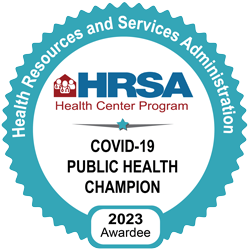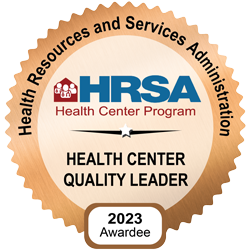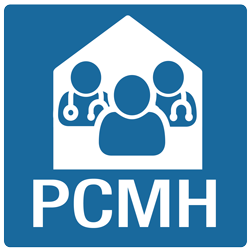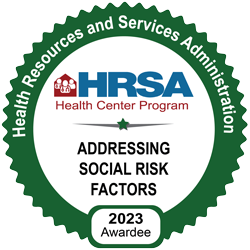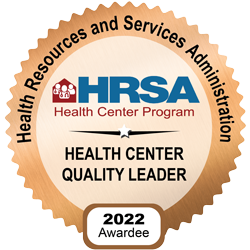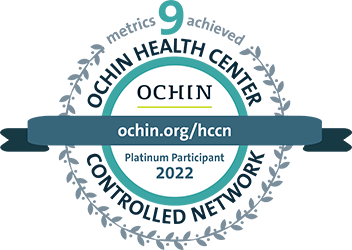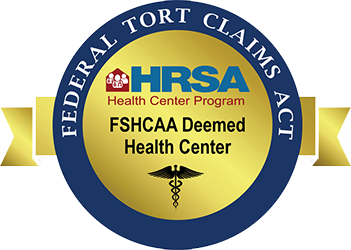June 27 is National HIV Testing Day, so it’s a great time to talk about why checking your HIV status is important. The CDC’s guidelines recommend that everyone be tested for HIV at least once in their lifetime. Some people may need testing more often than that. Checking your HIV status is an act of self-love because it allows you to have more information about your health. Whatever the results of an HIV test, Neighborhood Family Practice is here to help navigate your next steps.
Getting a positive result from an HIV test does not mean what it used to! Read on for more info about how far we’ve come in the fight against HIV, in large part due to the efforts of activists from the beginning of the HIV pandemic.
- 1981 – The CDC first reported on cases of the disease that we now know as HIV (Human Immunodeficiency Virus).
- 1985 – The first HIV blood test is pre-approved by the FDA.
- Today, the tests we use to screen for HIV are built on this same science – and they can detect the virus in blood earlier than previous generations of the tests! We even have an option for self-testing that you can take privately in your home and get results in 20 minutes.
- 1987 – The first treatment for HIV becomes available.
- People living with HIV used to have to take many pills, multiple times a day, to treat their HIV. Today, many people living with HIV can take just one pill once a day – or even an injection every two months!
- 1993 – The CDC expanded the definition of AIDS (Acquired Immunodeficiency Syndrome) to include conditions affecting women.
- Today in the US, 18% of new HIV diagnoses are in cisgender women, or people assigned female at birth.
- 2012 – The first drug is approved for PrEP (pre-exposure prophylaxis) to prevent getting HIV if you are exposed!
- Today, there are 2 oral pill options for PrEP, and even an injectable PrEP option that provides protection for 2 months!
What does the future look like for the fight against HIV? The search for a cure for HIV is ongoing, with current studies looking at even longer-acting injections for both HIV treatment and prevention. With all the incredible steps forward in the science of HIV since 1981, there is hope for a world without HIV – and that starts with everyone knowing their status!
What can you do to prevent HIV for yourself and your community?
- Schedule STI/HIV testing with your primary care provider. If your PCP is at NFP, you can call 216-281-0872 to schedule.
- If you don’t have a primary care provider, you can schedule STI & HIV testing with NFP’s sexual health nurse.
- If you’d like more information about HIV, PrEP, & getting tested, check out the Love Leads Here website by Cuyahoga County Board of Health – starring real, local people in their media campaigns!
to save a couple words, say STI/HIV testing [BF1]
i would take out the second “free” and just say free condoms and HIV self test in that sentence [BF2]




